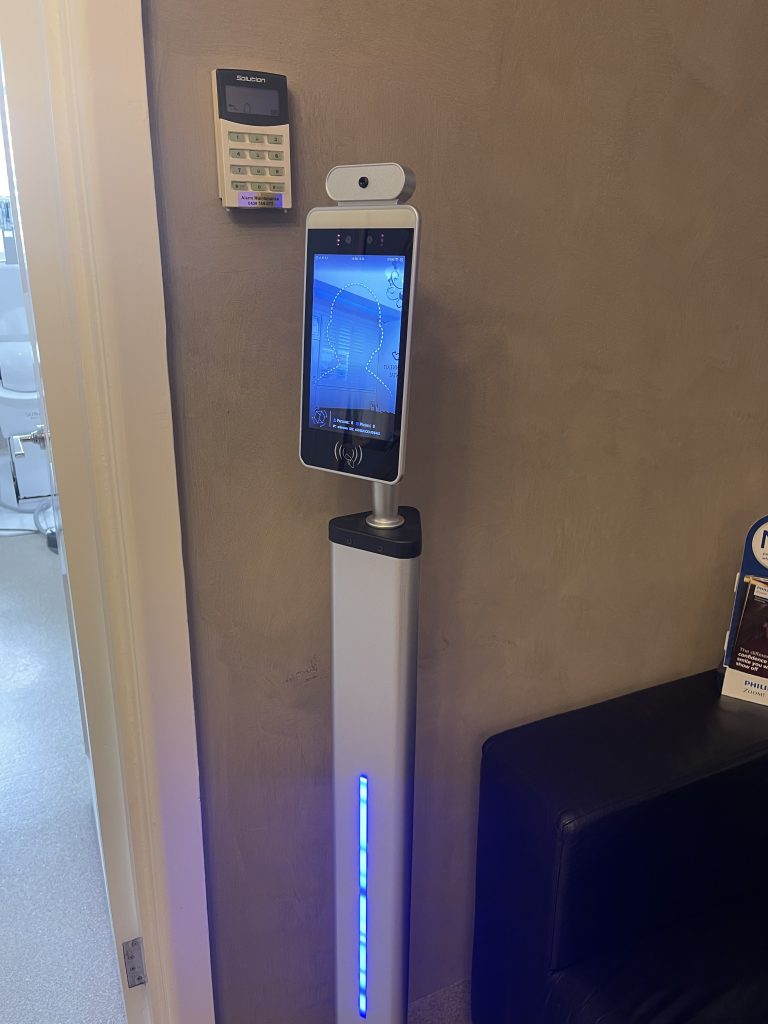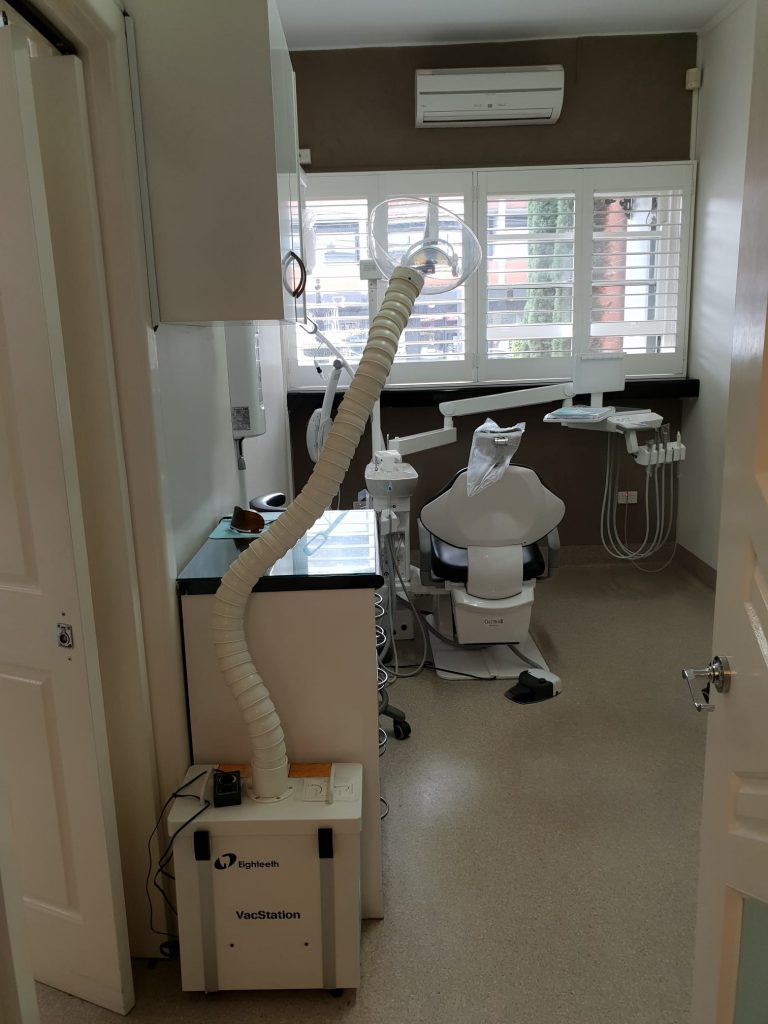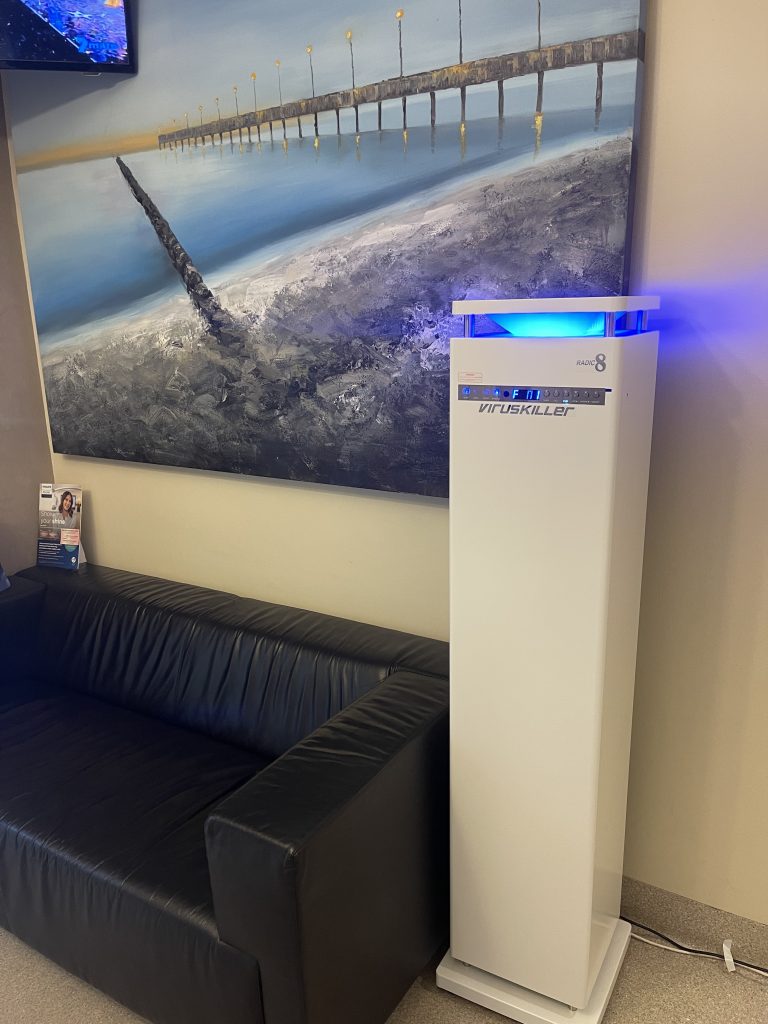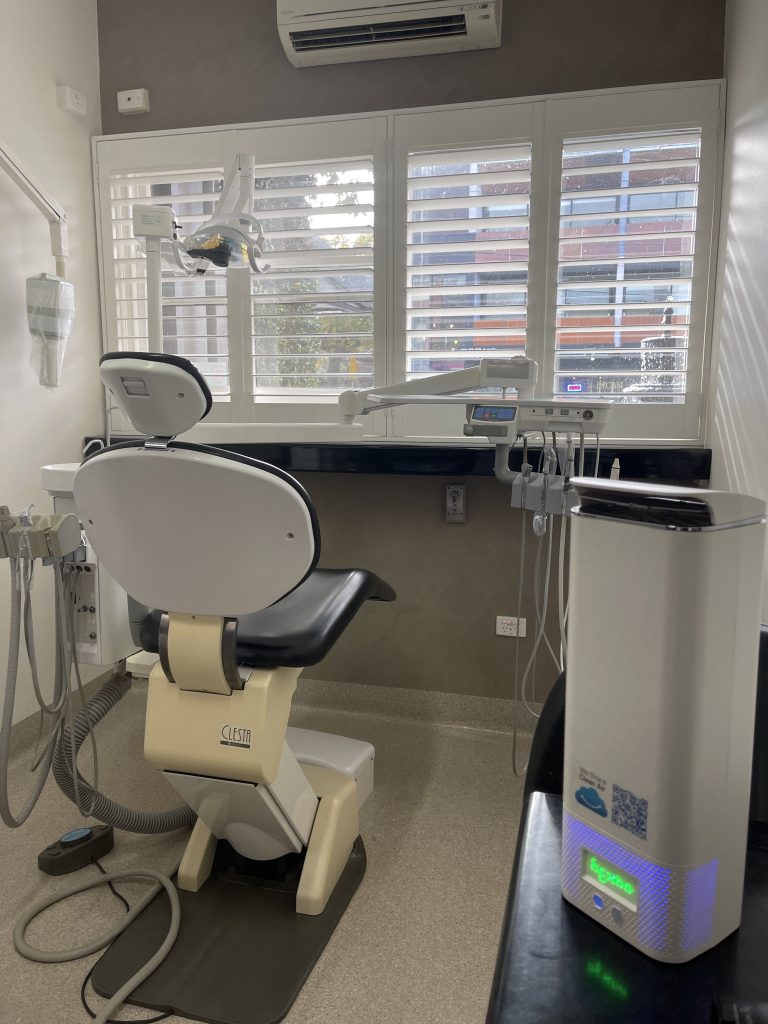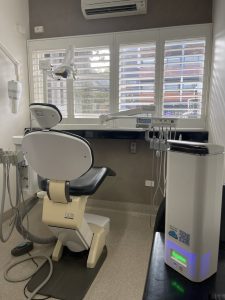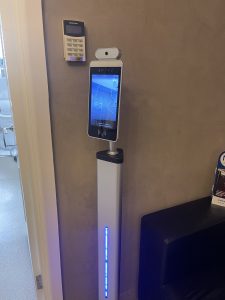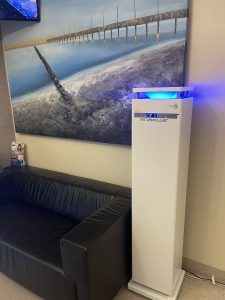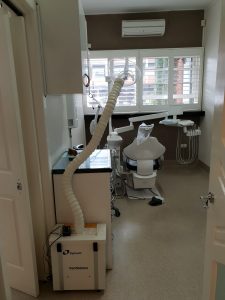TMD

Do you suffer from jaw pain?
Jaw joint pain and clicking jaw are known as Temporomandibular Dysfunction Syndrome.
Symptoms may include:
- Headache
- Earache
- Pain or tenderness in the jaw muscles
- Cheek pain
- Face pain
- Jaw clicking or popping
- Ringing in the ears
- Decreased hearing
- Dizziness
- Vision problems
Treatments
Treatments involve reducing the amount of stress on the joints and relaxing the jaw.
Some examples of treatment are:
- Pain medication
- Jaw exercises
- Splints such as bite plates and mouthguards
- bite or occlusal adjustments
- in some cases, surgery may be required
What Are TMJ Diseases And Disorders?
Not all causes of TMJ are known. Some possible causes are injuries to the jaw area, various forms of arthritis, some dental procedures, stretching of the jaw (as a result of movements like inserting a breathing tube before surgery), and clenching or grinding of teeth, especially during sleep.
How Are TMJ Diseases And Disorders Treated?
According to the National Institute of Dental and Craniofacial Research of the National Institutes of Health, TMJ treatments should be reversible whenever possible. That means that the treatment should not cause permanent changes to the jaw or teeth. Irreversible treatments have not been proven to work and may even make the problem worse.
Reversible Treatments
- Over-the-counter pain medications
- Prescription medications
- Gentle jaw stretching and relaxation exercises
- Stabilization splints (biteplate, night guard)
Irreversible Treatments
- Adjustment of the bite by grinding the teeth
- Extensive dental work
- Mandibular repositioning splints
- Orthodontics
- Surgical procedures including replacement of all or parts of the jaw joint



